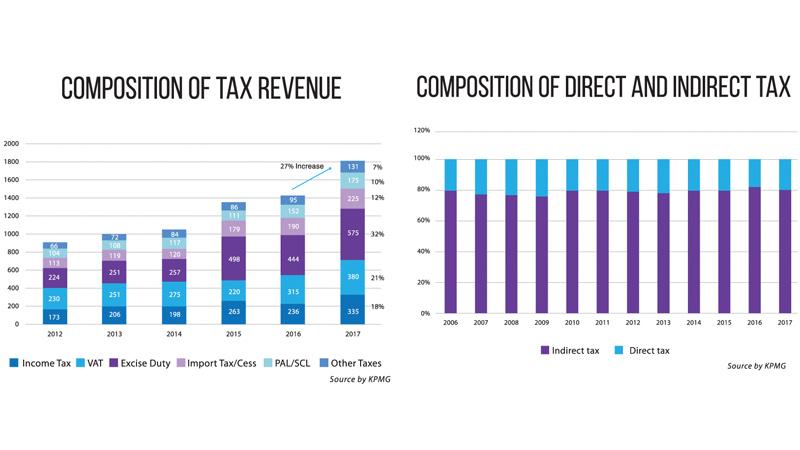
While appreciating the positive moves in Budget 2017, the National Chamber of Commerce of Sri Lanka said the budget has encompassed the Chamber’s key budget proposals addressing the long felt needs of the country.
“Our proposals were aimed at key thrust areas of SMEs and related training, export promotion and attracting foreign direct investments (FDIs). The government has seriously addressed the proposals sent by us and we are grateful for the positive response,” Senior Vice President National Chamber of Commerce Sri Lanka, Sujeewa Samaraweera said.
“We appreciate the support given to the SMEs and the measures taken to upgrade training facilities which is vital to meet the capacity for growth. This will enable SMEs to be more competitive in the local and global markets,” he said.
The budget is export-oriented and will lead to export promotion and the various incentives given in this regard will go a long way to increase exports. The encouragement given to attract direct investments in selected industries such as sugar and dairy augurs well for these industries as the government is spending colossal amounts of foreign exchange on the import of these items.
Focusing on these two areas to lower the drain on foreign exchange, is a right move, he said.
The Budget has also looked into the social aspects of education and insurance for schoolchildren which is a timely move.
As the children are the wealth of the country, the insurance scheme is an excellent concept.
The mechanization of the agricultural sector is the need of the hour. Sri Lanka is an agri-economy and the country needs to upgrade the sector.
The Budget also has addressed the issues in the tea and rubber sectors which is encouraging, he said.
The support given to the agricultural sector will enhance its comparative advantage and will lead to become a more competitive sector, he said.
The total Budget content where social and economic aspects are addressed to greater extent, focusing on the three main areas that concerns the National Chamber, shows positive signs of social-economic development of the country. The government, while concentrating on the social aspects of education encourages a circular economy where the benefits of development trickle down to the bottom layers of society, he said.
